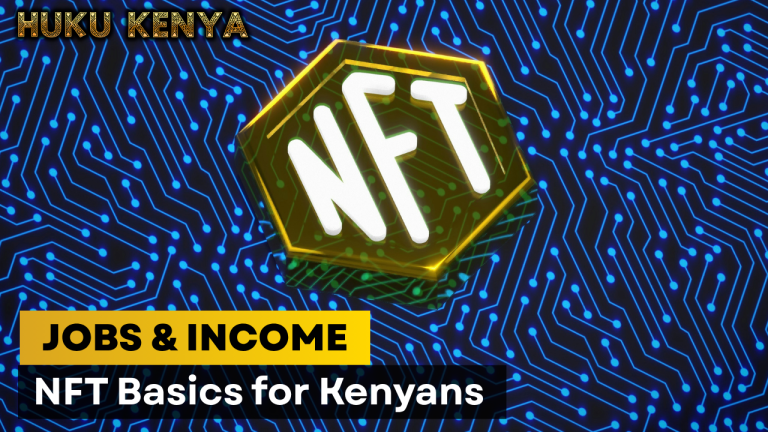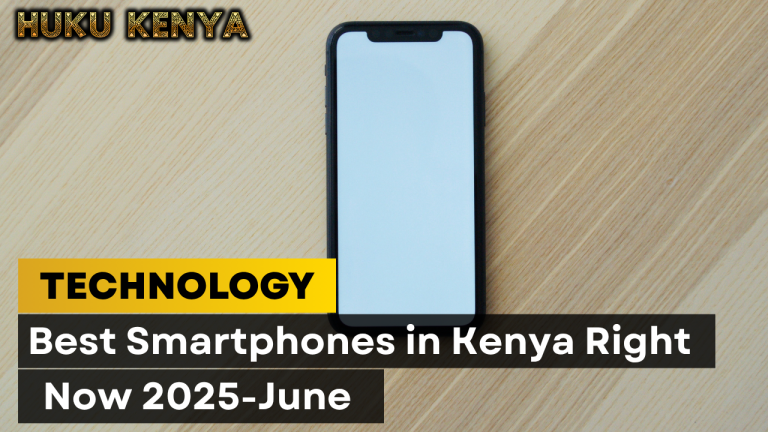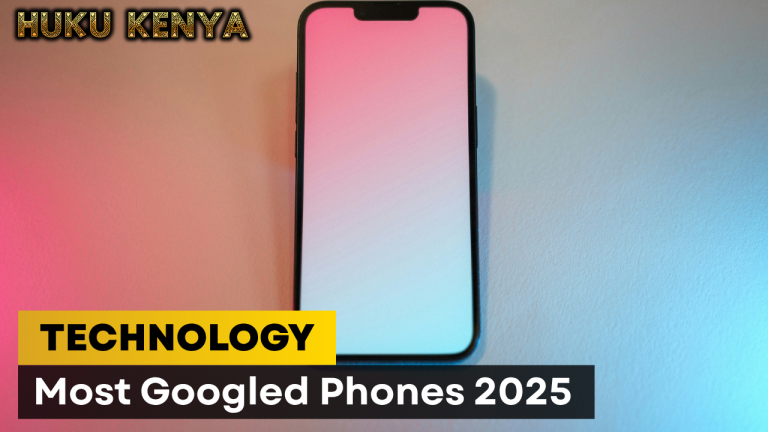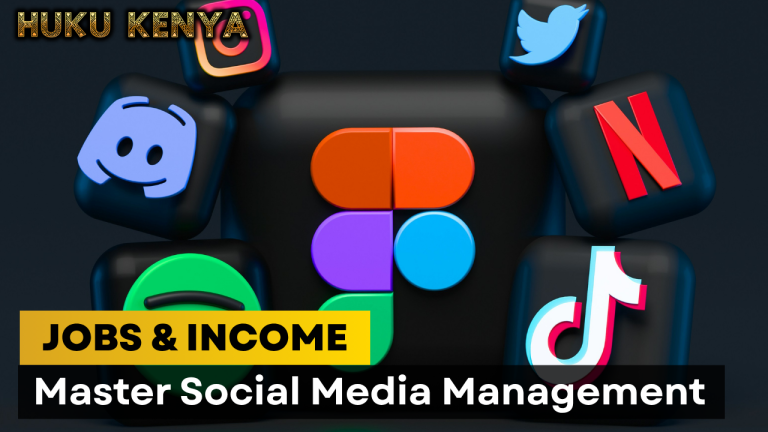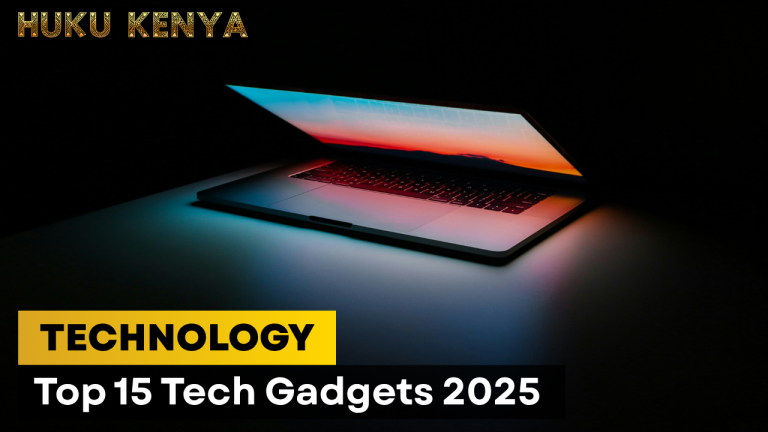
Legit Ways Kenyans Can Earn from Esports & Streaming
Gone are the days when gaming was just a leisure activity or a “waste of time.” Today, it’s a multi-billion dollar global industry, and Kenya is rapidly catching on. The rise of Esports (electronic sports) and live streaming has opened legitimate and exciting avenues for passionate Kenyan gamers to turn their hobby into a profitable career.
For Kenyan students, this represents a unique blend of passion and income. It’s not just about winning tournaments; it’s about building a brand, entertaining an audience, and leveraging digital platforms.
The Rise of Gaming in Kenya
Kenya’s gaming scene is experiencing significant growth, fueled by:
- Increased Internet Penetration: More affordable data and devices mean more people are online and engaging with gaming.
- Mobile Gaming Dominance: Smartphones are ubiquitous, making mobile esports (like Free Fire, Mobile Legends: Bang Bang, Call of Duty Mobile) incredibly popular.
- Growing Gaming Community: Local gaming hubs, online groups, and tournaments are fostering a vibrant community.
- Recognition of Esports: The National Olympic Committee of Kenya officially recognized the Kenya Esports Federation in January 2025, signaling a more structured future for competitive gaming in the country. Safaricom has also been a key partner in local esports tournaments.
Legit Ways Kenyans Can Earn from Gaming
There are several primary avenues for making money from gaming, often overlapping and complementing each other:
1. Professional Esports (Competitive Gaming)
This is the pinnacle for competitive gamers, involving high-level play in organized tournaments.
- How it Works:
- Master a Game: Dedicate thousands of hours to mastering a specific game (e.g., FIFA/EA Sports FC, Tekken, Mortal Kombat, Call of Duty, League of Legends, Dota 2, Valorant).
- Practice Relentlessly: Train consistently, analyze your gameplay, learn strategies, and participate in scrims (practice matches). Kenyan pros like Sylvia Gathoni (Queen Arrow, Tekken) are known to train for many hours a day.
- Join a Team (Optional but Recommended): While some games support solo play, many esports are team-based. Joining a strong team enhances your chances and provides a support system.
- Participate in Tournaments: Compete in local, regional, and international tournaments.
- Earning Streams:
- Prize Money: The most direct way. Tournament prize pools can range from a few thousand shillings for local events to millions of dollars for international majors.
- Kenyan Examples: Local tournaments (e.g., Tekken 254, FIFA tournaments, university-level esports leagues) offer cash prizes. While Kenyan players’ overall earnings are still modest compared to global giants, the local scene is growing.
- Salaries/Stipends: Some professional esports organizations (teams) might offer salaries or stipends to their players, especially as the scene matures.
- Sponsorships & Endorsements: As you gain recognition, brands (gaming peripheral companies, energy drinks, tech brands) may sponsor you or your team.
- Streaming Revenue: Many pro players also stream their practice and competitive matches to earn additional income.
- Coaching: Once you’re a high-level player, you can offer coaching services to aspiring gamers.
- Prize Money: The most direct way. Tournament prize pools can range from a few thousand shillings for local events to millions of dollars for international majors.
- Challenges: Extremely competitive, requires immense dedication, physical and mental discipline, and the initial investment in gaming gear. The prize money can be inconsistent.
2. Game Streaming & Content Creation
This is where you entertain and engage an audience while playing games. It’s often more accessible for students as it doesn’t always require pro-level skill, but rather personality and consistency.
- How it Works:
- Choose a Platform: Twitch (most popular for gaming), YouTube Gaming, Facebook Gaming, TikTok Live.
- Get Equipment: A decent gaming setup (PC/console), reliable internet, a good microphone (crucial for clear audio), and a webcam.
- Consistency: Stream regularly (e.g., 3-4 times a week) and at consistent times so your audience knows when to find you.
- Engagement: Interact with your chat, acknowledge new followers/subscribers, and build a community.
- Content Beyond Live Streams: Create edited highlights, tutorials, reaction videos, or reviews for YouTube or TikTok to repurpose content and reach wider audiences.
- Earning Streams:
- Subscriptions: Viewers pay a monthly fee (e.g., on Twitch) for ad-free viewing, exclusive emotes, and other perks. You get a share of this revenue.
- Donations/Tips: Viewers can send direct financial support (e.g., through M-Pesa Till numbers, PayPal, or platform-specific “bits” on Twitch, “Stars” on Facebook, “Gifts” on TikTok Live).
- Ad Revenue: Platforms display ads during your streams or videos, and you earn a share (requires meeting specific criteria, e.g., YouTube Partner Program).
- Note: Ad rates for Kenyan audiences can be lower than in Western markets.
- Brand Deals & Sponsorships: Companies pay you to promote their products/games/services during your streams or in dedicated videos. This is often the most lucrative for popular streamers.
- Affiliate Marketing: Promote gaming gear, games, or other products using your unique affiliate links (e.g., Amazon Associates, Jumia KOL, or direct from game stores like Steam if applicable).
- Merchandise Sales: Sell your branded t-shirts, mugs, hoodies, etc., to your fans.
- Coaching: Offer private gaming lessons to your audience.
- Exclusive Content: Offer paid access to special content (e.g., Discord server access, private game sessions) via platforms like Patreon or by direct M-Pesa subscriptions.
- Challenges: Building an audience takes time and consistent effort. Requires engaging personality, good technical setup, and dealing with potential internet issues. Monetization can be slow to start.
3. Game Development & Testing
If you’re more technically inclined, you can contribute to the creation side of gaming.
- Game Development: Learn coding (Unity, Unreal Engine), game design, 3D modeling, animation, or sound design. Kenyan studios like Leti Arts, Usiku Games, and Weza Interactive are building local games.
- Game Testing: Companies hire testers to play games and find bugs before release. This often involves specific requirements and might be more difficult to find locally or for international remote work.
- Earning Streams: Salaries from game studios, freelance project fees, or even developing and selling your own mobile games (monetized via in-app purchases, ads, or direct sales).
4. Gaming Content Writing & Journalism
- How it Works: Write articles, reviews, news pieces, or guides about games for gaming websites, blogs, or magazines.
- Earning Streams: Freelance writing fees (per article or per word), or a salary if you land a full-time role with a gaming publication.
5. Online Gambling & Casino Games (Caution Advised)
While technically “gaming for money,” this is distinctly different from esports and streaming, carrying significant risks.
- How it Works: Playing casino games (slots, poker, roulette, blackjack) or betting on sports/esports matches on online platforms.
- Earning Streams: Winning bets/games.
- Challenges: Extremely high risk of losing money, highly addictive. The odds are generally against the player in casino games. While some professional poker players exist, it requires extreme skill, discipline, and a large bankroll. This path is generally NOT recommended for students looking for reliable income due to its inherent risks.
Getting Started as a Kenyan Gamer
- Pick Your Path: Decide whether you want to pursue competitive esports, content creation, or a more technical/writing role.
- Specialise: Don’t try to be good at every game. Pick one or two games you truly love and focus on mastering them.
- Invest (Strategically): Start with what you have (smartphone for mobile gaming/streaming). As you earn, invest in better equipment (faster internet, good PC, mic, webcam).
- Join the Community: Engage with local Kenyan gaming groups on Facebook, Discord, or Meetup. Attend local tournaments or watch parties. Networking is key.
- Organizations: Kenya Professional Esports Federation (KPEF), Esports Kenya Federation (ESKF), Gaming Awareness Society of Kenya (Gamawareness254) are key players.
- Events: Look out for events like Tekken 254, Safaricom’s previous Blaze Esports tournaments, or university esports competitions.
- Practice & Consistency: For competitive play, it’s about skill. For streaming, it’s about consistency and entertainment.
- Understand Monetization Requirements: Familiarize yourself with the eligibility criteria for different platforms (e.g., YouTube Partner Program, Twitch Affiliate/Partner program).
- Payment Solutions:
- M-Pesa: The primary method for local earnings (prize money, direct donations, local brand deals).
- PayPal/Payoneer: Essential for international payments (from Twitch, YouTube, international brand deals). You’ll then link these to your M-Pesa or bank.
- Bank Transfers: For larger, more formal payments.
- Tax Compliance: Remember that any income earned from gaming is taxable. Get a KRA PIN and declare your earnings. Consult with a tax advisor on how the Digital Asset Tax might apply if you deal with in-game NFT assets.
Gaming for money in Kenya is no longer a fantasy. With dedication, strategic planning, and leveraging the right platforms, Kenyan students can carve out a successful and enjoyable career in the burgeoning esports and streaming industries.


